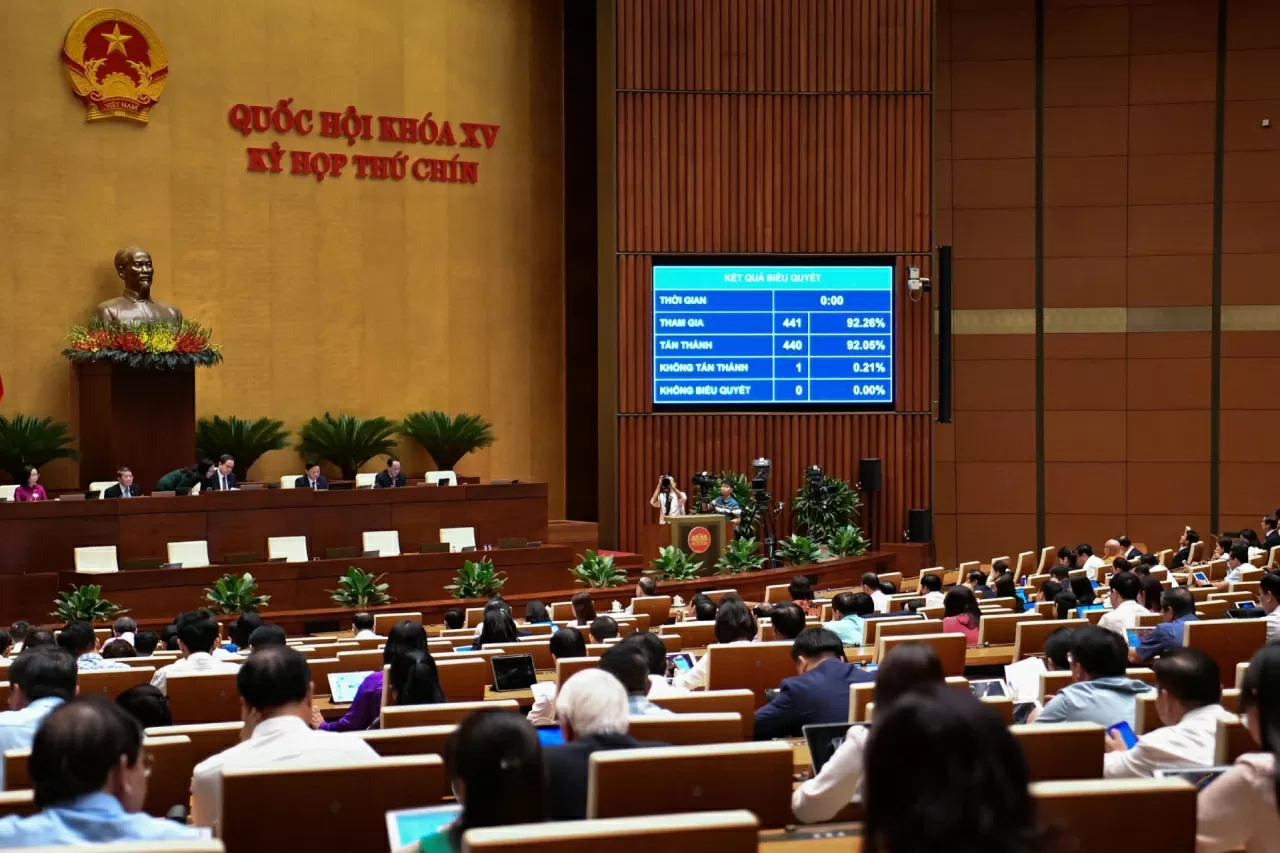 |
| Officially exempt tuition fees for public school students, support private school tuition fees. (Source: National Assembly ) |
The Resolution takes effect from the date of its approval by the National Assembly and is applied from the 2025-2026 school year.
According to the Resolution, tuition fees are exempted and supported for preschool children, high school students, and students of general education programs who are Vietnamese citizens and people of Vietnamese origin whose nationality has not been determined and who are living in Vietnam in educational institutions within the national education system.
Resolution stipulates tuition exemption for preschool children, primary school students, and students of general education programs in public educational institutions.
Tuition support for preschool children, primary school students, and students of general education programs in private and non-public educational institutions. The level of tuition support is decided by the People's Councils of provinces and centrally-run cities according to the tuition fee framework prescribed by the Government , but must not exceed the tuition fee level of private and non-public educational institutions.
The Resolution clearly states that the funding for implementing the tuition exemption and support policy is guaranteed by the state budget in accordance with the provisions of the law on budget management decentralization.
The central budget supports localities that have not balanced their budgets to implement tuition exemption and support policies according to the provisions of law.
The Government said that the tuition exemption policy in the resolution fully covers preschool children from 3 months to 6 years old, general education students (grades 1 to 12), and students of general education programs in educational institutions in the national education system.
With the view to ensure equal and fair access to education, "leaving no one behind", exempting and supporting tuition fees for all children and students is also a political responsibility and determination of the Party and State in caring for the young generation, the future of the country.
This regulation is consistent with the authority, socio-economic conditions, and budget capacity of each locality, avoiding differences and imbalances between localities in terms of tuition support levels.
The provincial People's Council is assigned to decide on the level of support to ensure it is not lower than the floor level, does not exceed the ceiling level (according to the framework prescribed by the Government) and the level of support does not exceed the tuition fees of non-public and private educational institutions.
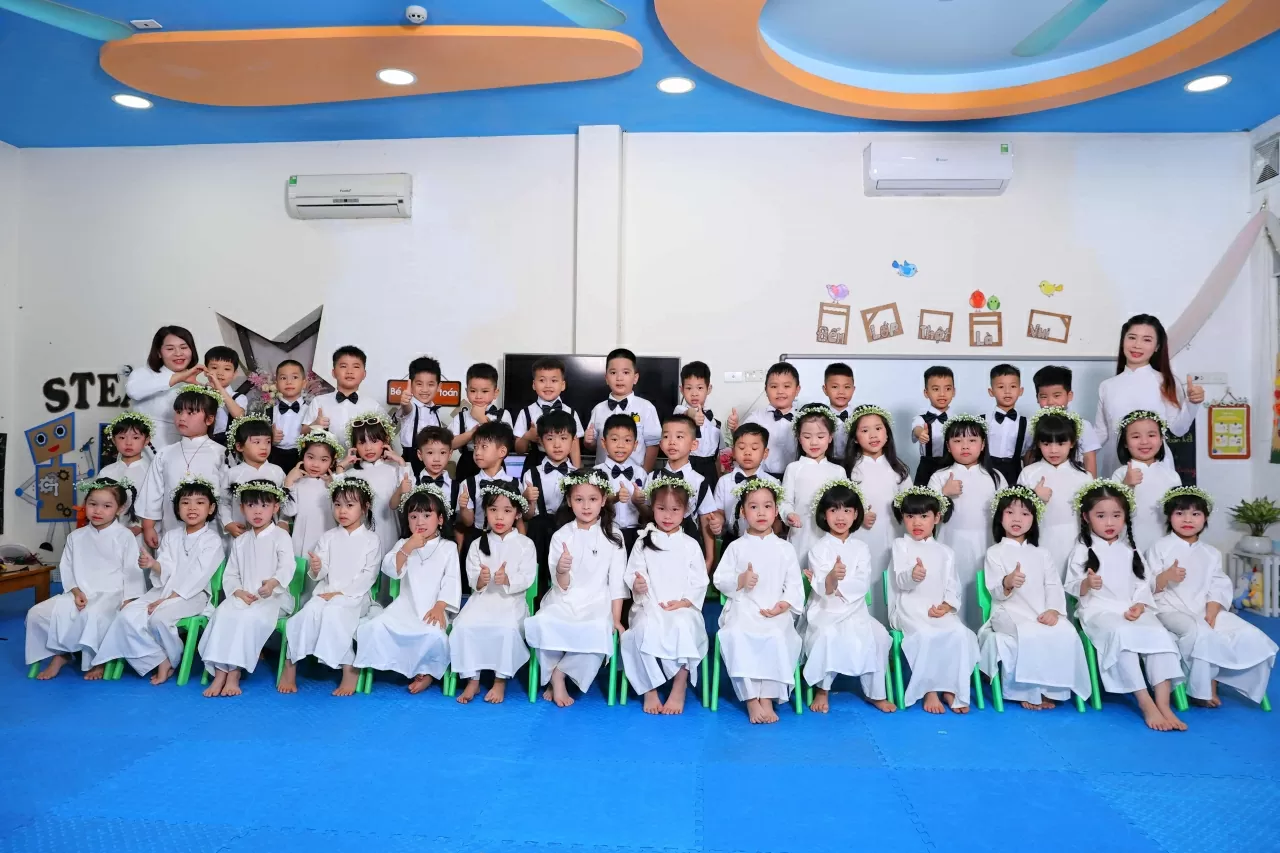 |
| Public school students are officially exempted from tuition fees. (Photo: Ngoc Long) |
By 2030, 100% of localities will meet universal preschool education standards.
On the same afternoon, the National Assembly passed a Resolution on universalizing preschool education for children aged 3 to 5. Accordingly, by 2030, 100% of provinces and centrally-run cities must meet the standards of universalizing preschool education for children in this age group.
The universalization will be implemented according to a roadmap, in accordance with the socio-economic development conditions of each locality, ensuring that the universalization criteria are met as prescribed. The State invests in developing the network of schools and classes; ensuring that the facilities, teaching equipment and teaching staff are sufficient in quantity and meet quality requirements.
The resolution requires ensuring policies and regimes for children aged 3 to 5, managers, teachers and staff in preschools. At the same time, mobilizing social resources to participate in preschool education development; prioritizing investment in areas with particularly difficult socio-economic conditions, ethnic minority areas, mountainous areas, border areas, islands, densely populated areas, areas with industrial parks and export processing zones.
Implementation costs are guaranteed by the state budget; the central budget will support localities that have not yet balanced resources for implementation.
At the end of 2024, during a group discussion in the National Assembly, General Secretary To Lam affirmed that the State's universal education policy aims to ensure that all children go to school and have the opportunity to learn. This process is implemented step by step, starting from primary school, then expanding to higher levels of education. The State not only creates conditions for children to go to school but also aims to provide financial support, such as tuition exemptions and free meals.
On February 28, 2025, the Politburo decided that students from kindergarten to high school nationwide will be exempted from tuition fees from the 2025-2026 school year, after reviewing the Government's report on the ability to balance finances during and after the process of streamlining the political system's organizational apparatus.
Every year, the country has about 23 million preschool and primary school students. According to current regulations, tuition fees for preschool students range from 50,000 to 540,000 VND per month; for primary school students, from 50,000 to 650,000 VND per month depending on the level of education, urban or rural areas, ethnic minorities and mountainous areas. The specific tuition fees for each locality are decided by the People's Council and are within the framework prescribed by the Government. The government said the total estimated budget for implementing the policy of exempting and supporting tuition fees for students from kindergarten to grade 12 nationwide is VND30,600 billion. The estimated budget for exempting tuition fees for 5-year-old preschool children, primary and secondary school students in the 2025-2026 school year is VND22,500 billion. To fully implement the policy of expanding tuition exemption and support according to the conclusion of the Politburo, the state budget needs to increase by VND8,200 billion. |
Source: https://baoquocte.vn/chinh-thuc-mien-hoc-phi-cho-hoc-sinh-cong-lap-319046.html


![[Photo] Visit Hung Yen to admire the "wooden masterpiece" pagoda in the heart of the Northern Delta](/_next/image?url=https%3A%2F%2Fvphoto.vietnam.vn%2Fthumb%2F1200x675%2Fvietnam%2Fresource%2FIMAGE%2F2025%2F11%2F21%2F1763716446000_a1-bnd-8471-1769-jpg.webp&w=3840&q=75)
![[Photo] General Secretary To Lam receives President of the Senate of the Czech Republic Milos Vystrcil](/_next/image?url=https%3A%2F%2Fvphoto.vietnam.vn%2Fthumb%2F1200x675%2Fvietnam%2Fresource%2FIMAGE%2F2025%2F11%2F21%2F1763723946294_ndo_br_1-8401-jpg.webp&w=3840&q=75)

![[Photo] President Luong Cuong receives Speaker of the Korean National Assembly Woo Won Shik](/_next/image?url=https%3A%2F%2Fvphoto.vietnam.vn%2Fthumb%2F1200x675%2Fvietnam%2Fresource%2FIMAGE%2F2025%2F11%2F21%2F1763720046458_ndo_br_1-jpg.webp&w=3840&q=75)
![[Photo] National Assembly Chairman Tran Thanh Man holds talks with President of the Senate of the Czech Republic Milos Vystrcil](/_next/image?url=https%3A%2F%2Fvphoto.vietnam.vn%2Fthumb%2F1200x675%2Fvietnam%2Fresource%2FIMAGE%2F2025%2F11%2F21%2F1763715853195_ndo_br_bnd-6440-jpg.webp&w=3840&q=75)

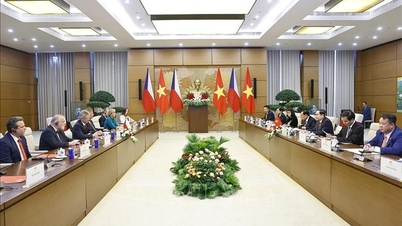



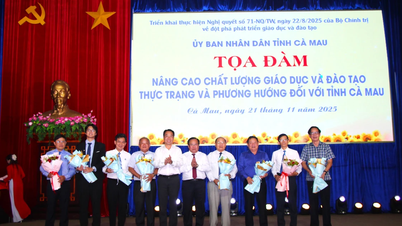



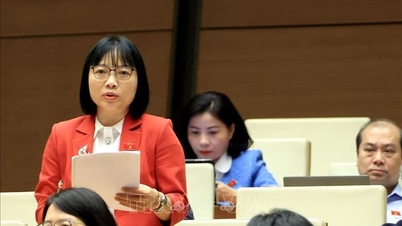
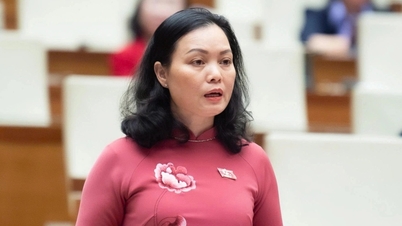

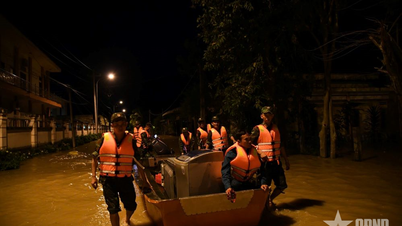

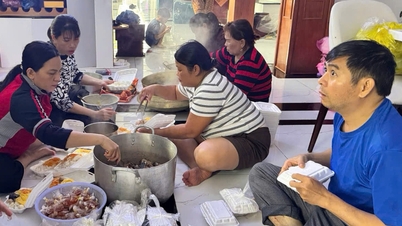

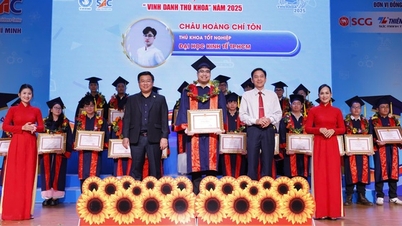

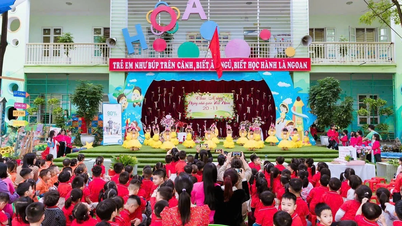
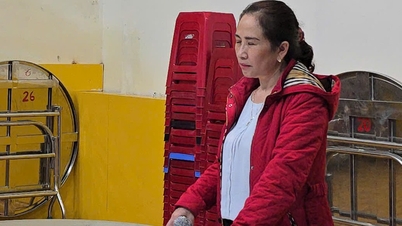





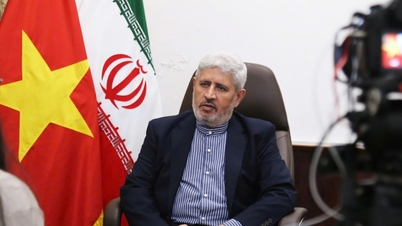
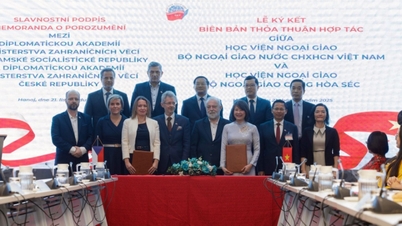
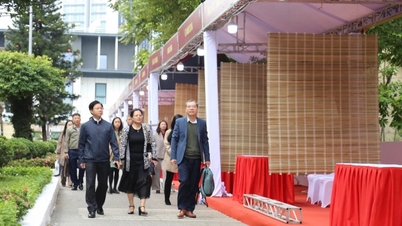
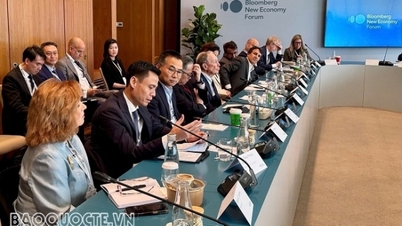

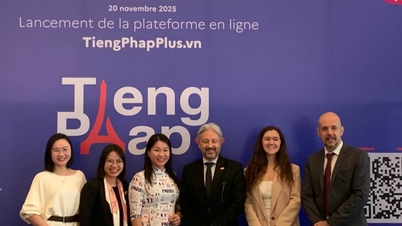












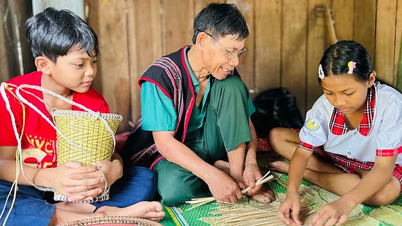





























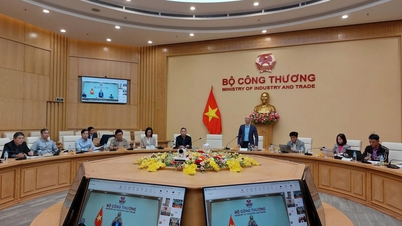





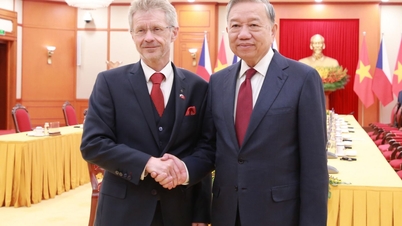

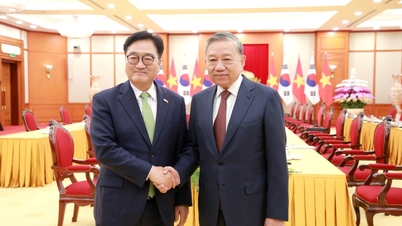



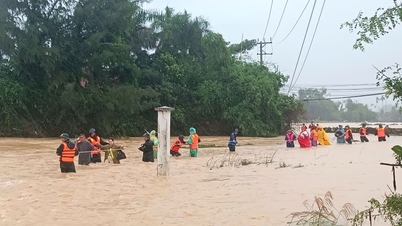




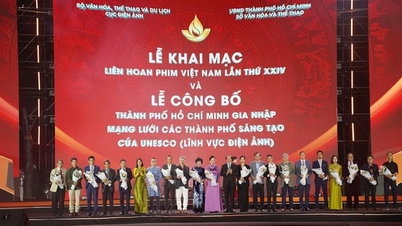















Comment (0)